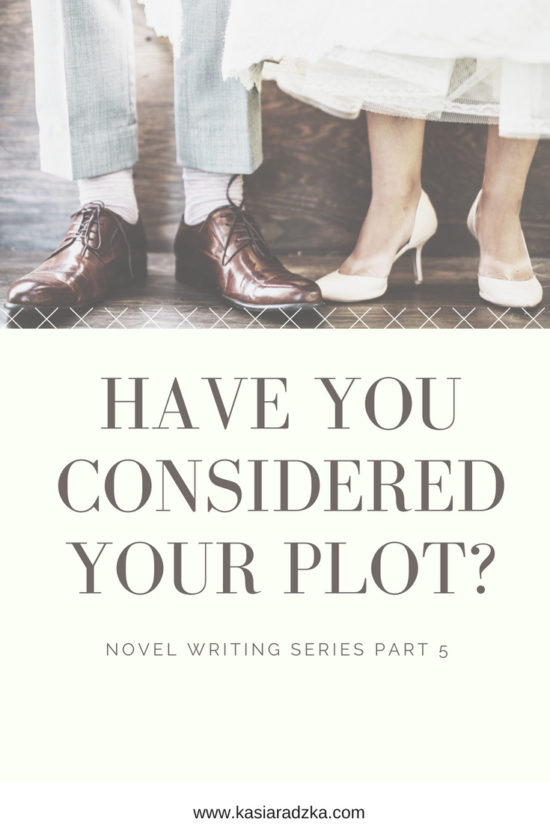Yeah, me too.
The plot is integral to a good genre book. Literary novels have a plot too but they are often very character centred.
Genre novels, the books that his the New York Times and USA Today Best Seller lists are often plot driven. Mostly written by the likes of James Patterson, John Grisham, and Nicholas Sparks.
A good plot will make you keep reading until the last page. An awesome plot will have you talking about the book to friends long after you’ve reached ‘the end’.
As a storyteller of genre fiction, personally, I think any fiction, you need to consider your plot carefully. The plot needs to keep your readers interested until the very end and to fit in with your chosen characters.

How do you create a winning plot for your book that will entertain readers and sell books by the millions?
Hmm, Russell Blake, Stephen King, Bella Andre among others have figured it out, and they are making a living doing what they love: Writing.
You can too.
What do these authors have in common?
- They write in genre fiction.
- They write in a specific category that they stick to and improving on their writing with each book.
- They tell good stories.
- They create high stakes.
- They are entertaining.
- Their stories keep you at the edge of your seat or up till dawn when you realise you have to get up for work within the hour.
But it’s so hard to find something original.
Remember: there are probably no more original plot ideas.
Most stories have been told time and time again. Your job is to take a used idea and make it original again by giving it your own slant.
Boy meets girl, they fall for each other, obstacles get in the way that prevent them from being together, finally, they find their way back to each other.
Sound familiar?
That’s because that’s pretty much every romance novel on the market. It’s a formula, it’s what readers expect. The devil is in the details. You can make the story your own by creating characters and settings that readers can fall in love with.
A crazed lunatic wants to destroy the world. Only one man or woman can stop him. Will she or he defuse the bomb in time and still get the girl/boy in the end?
Again, it’s been done a thousand times and it will get done a thousand more.
There are no original ideas.
There are original spins on ideas and new ways of telling them.
So don’t be worried that you’re regurgitating the same story. Ask yourself, why do you read books? What type of books do you read? What do you expect from the books you read?
I love crime thrillers. I expect a thrill ride. I expect the bad guys to cause trouble. I expect the good guys to stumble. I expect a satisfying ending where generally the bad guys lose. Pretty standard, right?
So what is a plot?
The plot answers the ‘why’ in a story.
* Why did Matti sell everything and move to the opposite side of the globe?
* Why did Rose decide to risk her life and be the first person to land on Mars?
* Why did Leo murder his neighbour?
* Why did Shelly the alcoholic join the nunnery?
Any of the above could be used to create a plausible plot.
* Matti sells everything and moves to the opposite side of the globe to escape her abusive husband.
* Rose decides to risk her life and be the first person to land on Mars to save the human race.
* Leo murders his neighbour to avenge the death of his dog.
* Shelly the alcoholic joins the nunnery to avoid going to prison.
E.M. Forster said the difference between a story is:
Story: The kind died and then the queen died.
Plot: The kind died and then the queen died because of grief.
Tightly written plots keep readers in suspense. Everything happens for a reason and is neatly tied together although you don’t always realise that till the very end.
Loose plots don’t always have a connection between the events that occur. That’s ok too as long as it makes sense to the story.
Open-ended plots finish the story without a distinct conclusion. That doesn’t make them any less satisfying than the closed structure where the plot comes to a satisfactory ending. Both are fine as long as they suit your story.
Don’t force one when the other will work better.
Creating a plot for your story may seem difficult in the beginning but it doesn’t have to be.
Come up with a character. Throw them in a difficult situation. Give them a good enough reason to get out of it/overcome it/achieve it. Then write your story.
Do you find plot creation easy? How do you come with plots for your books?

0 Comments